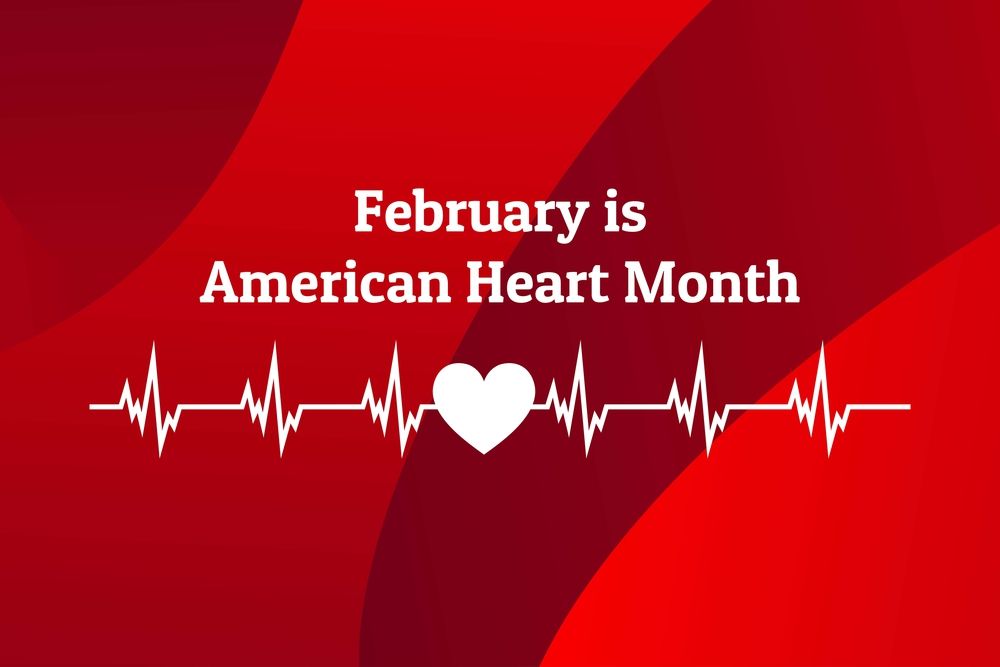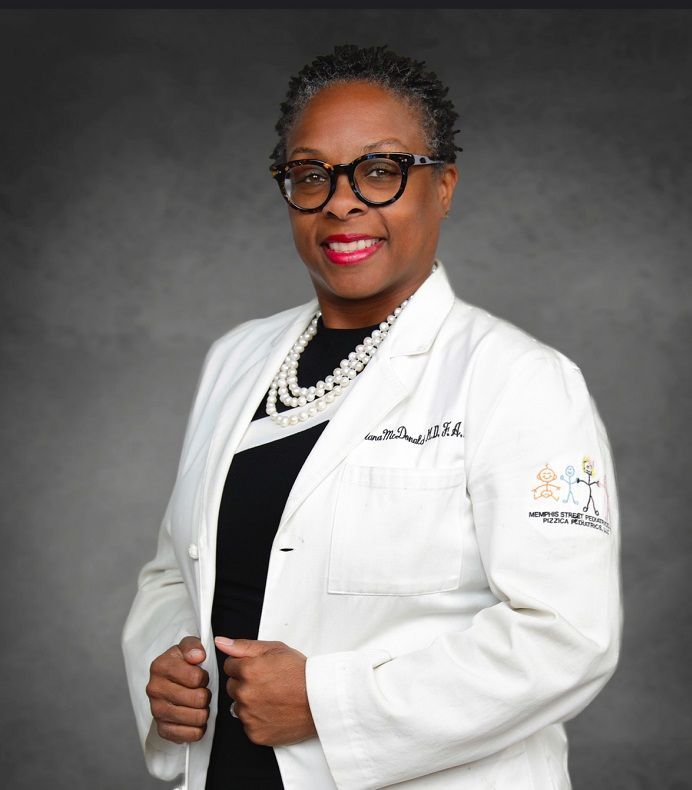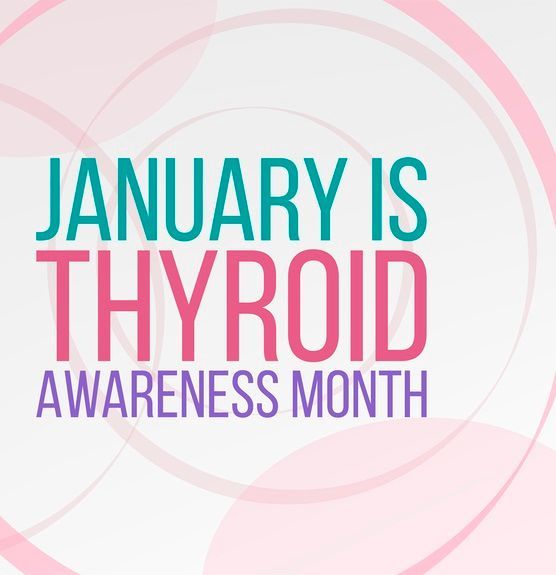Unlocking Better Maternal Health for Women of Color
The body content of your post goes here. To edit this text, click on it and delete this default text and start typing your own or paste your own from a different source.
Did you know that more than 80% of pregnancy-related deaths in the U.S. are preventable?
Inequities in health care and a rise in chronic health conditions can increase the risk of complications and the worst outcomes, but “recognizing urgent maternal warning signs, providing timely treatment, and delivering respectful, quality care can prevent many pregnancy-related deaths,” according to the Centers for Disease Control and Prevention (CDC).
Between 2008 and 2021, maternal mortality in our country increased significantly for women of color. Yale Medicine reports that Black women, in particular, face a much higher risk of maternal death, citing overt or implicit medical bias as a contributing factor. That is why finding a culturally competent doctor is so important! In an effort to unlock better maternal health for all, here are some more tips for a healthy pregnancy.
Get Regular Prenatal Care
If you are pregnant or think you might be, it’s important to see a physician that specializes in prenatal care and childbirth right away. In addition to delivering your baby, an Obstetrician/Gynecologist, or OB/GYN, can monitor your progress and order important medical tests during your pregnancy. Certain racial and ethnic minorities are at higher risk for gestational diabetes, a type of diabetes that can develop during pregnancy and lead to complications. However, regular prenatal checkups can help keep you and your baby healthy by preventing, detecting, and potentially treating most problems early. So don’t miss any appointments!
Practice Healthy Habits
Healthy habits, like taking prenatal vitamins, can help improve maternal outcomes. When you are pregnant, you should avoid harmful substances like alcohol, tobacco, marijuana and second-hand smoke, stay up-to-date on vaccinations, get enough sleep, manage stress, stay hydrated, and gain a healthy amount of pregnancy weight. Approximately 300 extra calories are needed to nourish both you and your baby, according to Johns Hopkins Medicine, and these extra calories should come from protein, fruits, vegetables, and whole grains. Exercise during pregnancy is generally considered safe, but talk to your physician first to be sure.
Know the Warning Signs
Every pregnancy is different, so pay attention to any changes or discomfort you experience, and contact your doctor right away if you feel that something seems unusual. Urgent
maternal warning signs and symptoms noted by the CDC
include:
● A headache that won't go away or gets worse over time
● Dizziness or fainting
● Changes in your vision
● Overwhelming tiredness
● A temperature of 100.4°F (38°C) or higher
● Extreme swelling of your hands or face
● Thoughts about harming yourself or your baby
● Trouble Breathing
● Chest pain or a fast heartbeat
● Severe nausea and throwing up
● Severe belly pain that doesn’t go away
● Your baby has stopped moving or is moving less than before
● Vaginal bleeding, leaking fluid, or discharge that smells bad (during or after pregnancy)
● Severe swelling, redness, or pain in your leg or arm
If you are pregnant (or thinking of becoming pregnant), finding culturally competent care, attending prenatal appointments, practicing healthy habits, and understanding the urgent warning signs of complications will hopefully go a long way in keeping you and your baby safe and healthy, as we work to increase awareness and improve maternal health outcomes for women of color in the United States.
Growing up in North Philadelphia, the Twin Sister Docs witnessed a massive gap between their community and its healthcare professionals. Boasting a largely African American and Latinx population, the community’s needs were largely neglected by medical establishments made up primarily of non-African American doctors with no ties to the neighborhoods in which they practiced. This neglect not only produced skepticism; it also drove a wedge between the community and the medical services they desperately needed. The Twin Sister Docs, recognizing they have a unique role to play, seek to bridge that gap, restore trust in medical professionals and transform these multicultural communities through reliable health care.
The Contents of the TwinSisterDocs website, such as text, graphics, and other material contained on the site ("content") are for informational purposes only. The content is not intended to be a substitute for professional medical advice, diagnosis, or treatment. Further, the response to questions should be viewed as general health information and not as clinical advice or treatment from TwinSisterDocs (Delana Wardlaw, MD and Elana McDonald, MD). Always seek the advice of your personal physician or health.
